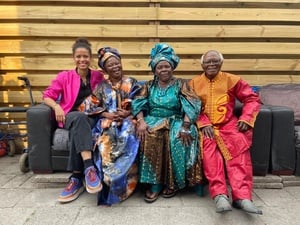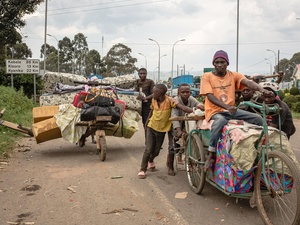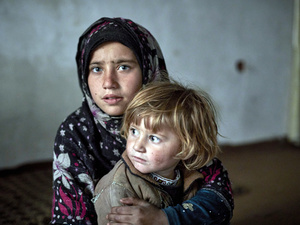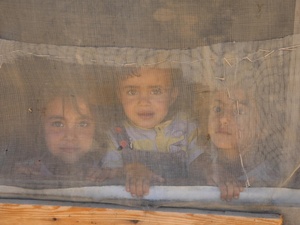Resettlement
Resettlement

What is resettlement?
Many refugees cannot go home because of continued conflict, wars and persecution. Many also live in perilous situations or have specific needs that cannot be addressed in the country where they have sought protection. In such circumstances, UNHCR helps resettle refugees to a third country.
Resettlement is the transfer of refugees from an asylum country to another State, that has agreed to admit them and ultimately grant them permanent residence.
UNHCR is mandated by its Statute and the UN General Assembly Resolutions to undertake resettlement as one of the three durable solutions. Resettlement is unique in that it is the only durable solution that involves the relocation of refugees from an asylum country to a third country.
Providing for effective reception and integration is beneficial for both the resettled refugee and the receiving country. Governments and non-governmental organization partners provide services to facilitate integration, such as cultural orientation, language and vocational training, as well as programmes to promote access to education and employment.
Text and media 26
Resettlement data: global needs and statistics on UNHCR’s resettlement programme
UNHCR publishes the Projected Global Resettlement Needs report (PGRN) every year to reflect estimated global resettlement needs for the following year. The report serves as a key reference document enabling States to make informed decisions on quota and resource allocations.
Please consult the Refugee Data Finder for data on how many refugees are resettled every year with UNHCR’s assistance. The Resettlement Statistics Report (RSR) is also available for UNHCR staff (login required).
The Third Country Solutions for Refugees: Roadmap 2030
The Global Compact on Refugees (GCR) mandated the development of the Three-Year Strategy on Resettlement and Complementary Pathways (the Strategy) a key vehicle for achieving one of the four GCR objectives, the expansion of third country solutions. The multi-stakeholder Strategy, which was launched in June 2019, established a three-year framework and laid out an ambitious long-term plan for the systematic expansion of third-country solutions. It represented a unique opportunity to translate the aspirations of greater solidarity and responsibility-sharing into tangible results in the form of protection-led solutions for refugees. A report detailing the Strategy's achievements as well as unmet goals was released in March 2022.
In June 2022, the Third Country Solutions for Refugees: Roadmap 2030 was launched and builds on the Strategy - focusing on transitioning from foundation building to implementation and significant scaling of third country solutions The guiding principles of protection, durable solutions, responsibility sharing, additionality of complementary pathways, non-discrimination and family unity will continue to guide future ambitious efforts.
Sustainable Resettlement and Complementary Pathways Initiative (CRISP)
The Sustainable Resettlement and Complementary Pathways Initiative (CRISP) was a multi-stakeholder and global mechanism which aimed to support States and relevant stakeholders to grow resettlement programmes and advance complementary pathways. It provided targeted capacity building such as training, technical assistance, and deployment of experts. The CRISP was developed jointly by UNHCR and the International Organization for Migration (IOM) and was launched in January 2020.
This initiative is a direct outcome of recommendations made by resettlement States and key stakeholders during the Three-Year Strategy consultation process and it has been recognized as a critical tool to support the expansion of third country solutions both under the Strategy and under its next phase, the Third Country Solutions for Refugees Roadmap: 2030. The CRISP Initiative came to an end in December 2022.
UNHCR, in collaboration with IOM, will continue to work with countries and operations on capacity building activities started under the CRISP and will support a wide range of actions to expand refugees’ access to third country opportunities, protection, and solutions, in full alignment with the Roadmap 2030.








